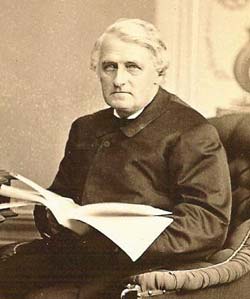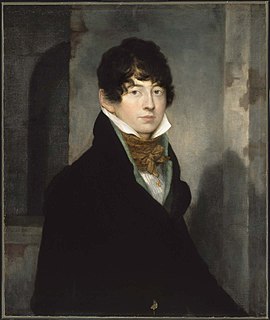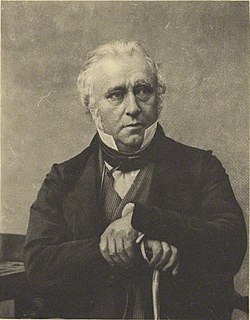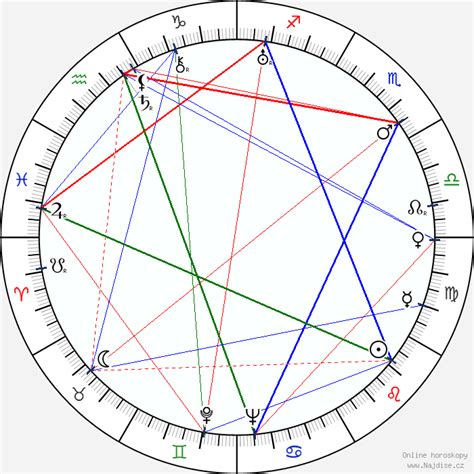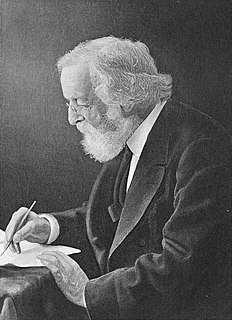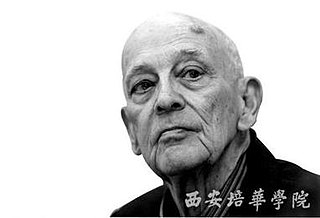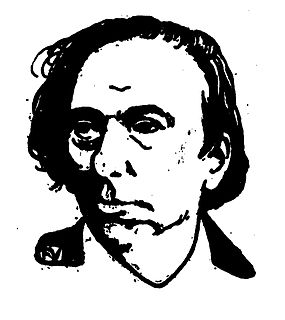A Quote by John Greenleaf Whittier
He is wisest, who only gives, True to himself, the best he can: Who drifting on the winds of praise, The inward monitor obeys. And with the boldness that confuses fear Takes in the crowded sail, and lets his conscience steer.
Related Quotes
There is indeed a certain sense of gratification when we do a good deed that gives us inward satisfaction, and a generous pride that accompanies a good conscience…These testimonies of a good conscience are pleasant; and such a natural pleasure is very beneficial to us; it is the only payment that can never fail. “On Repentance
All human actions are motivated at their deepest level by two emotions--fear or love. In truth there are only two emotions--only two words in the language of the soul.... Fear wraps our bodies in clothing, love allows us to stand naked. Fear clings to and clutches all that we have, love gives all that we have away. Fear holds close, love holds dear. Fear grasps, love lets go. Fear rankles, love soothes. Fear attacks, love amends.
The government of the enlightened king? His achievements blanket the world but appear not to be his own doing. His transforming influence touches the ten thousand things but the people do not depend on him. With him there is no promotion or praise - he lets everything find its own enjoyment. He takes his stand on what cannot be fathomed and wanders where there is nothing at all.
Praise and Prayer PRAISE is devotion fit for mighty minds, The diff'ring world's agreeing sacrifice; Where Heaven divided faiths united finds: But Prayer in various discord upward flies. For Prayer the ocean is where diversely Men steer their course, each to a sev'ral coast; Where all our interests so discordant be That half beg winds by which the rest are lost. By Penitence when we ourselves forsake, 'Tis but in wise design on piteous Heaven; In Praise we nobly give what God may take, And are, without a beggar's blush, forgiven.
What is required is the finding of that Immovable Point within one's self, which is not shaken by any of those tempests which the Buddhists call 'the eight karmic winds': 1-fear of pain, 2-desire for pleasure; 3-fear of loss; 4-desire for gain; 5-fear of blame, 6-desire for praise; 7-fear of disgrace; [and] 8-desire for fame.
Khashyah (fear) is to fear Allah until His fear comes between you and your sins - that is true khashyah. And Dhikr (remembrance) is to obey Allah so whoever obeys Him has indeed remembered Him, and whoever does not obey Him is not a dhakir - even if he makes abundant tasbih (glorification) and recites much of Qur'an.


